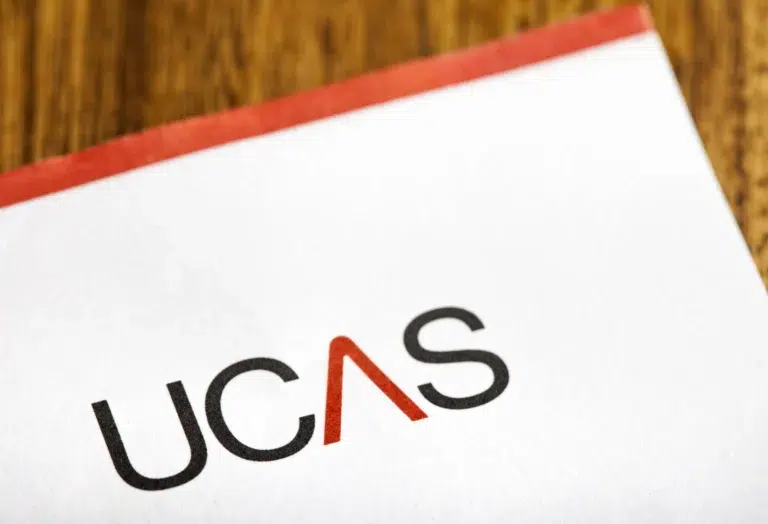In the realm of cutting-edge technology, quantum computing stands out as one of the most exciting and promising fields. Quantum computing is a rapidly growing field with the potential to revolutionize many industries. As a result, there is a high demand for qualified quantum computing professionals.
The Quantum Leap in Education:
Quantum computing represents a significant shift in computational power and capabilities. These machines leverage the principles of quantum mechanics, allowing them to solve complex problems exponentially faster than classical computers. As the demand for quantum technology continues to grow, educational programs have emerged to meet this need. Some of the top programs include:
MIT – Quantum Computing for the Very Curious: This introductory course on edX is designed for beginners and covers the fundamentals of quantum computing linguistics, including qubits, quantum gates, and quantum algorithms.
Stanford University – Quantum Mechanics and Quantum Computation course explores quantum mechanics and its relationship with quantum computation. It covers key topics like quantum states, quantum gates, and quantum algorithms.
University of California, Berkeley – Quantum Mechanics and Quantum Computing course dives into the quantum mechanics behind quantum computing, making it suitable for those with a strong physics background. Ivy Central always here to help you.
Caltech – Quantum Computation: An advanced course that delves into quantum algorithms, quantum error correction, and quantum cryptography.
University of Chicago – Quantum Computing: A graduate-level course that explores advanced topics in quantum computing, including quantum error correction, quantum cryptography, and quantum complexity theory.
Perimeter Institute for Theoretical Physics – Quantum Foundations: While not a traditional quantum computing course, this program explores the foundational principles of quantum mechanics, which can be crucial for understanding quantum computing.
IBM Quantum Experience: IBM offers a variety of online quantum computing courses and tutorials through their Quantum Experience platform. These cover quantum hardware, programming quantum computers, and quantum algorithms.
University of Bristol – Quantum Technologies: Quantum Computing and Simulation: This course focuses on practical aspects of quantum computing and simulation, including hands-on experience with real quantum hardware.
University of Toronto – Introduction to Quantum Computing: An online course that introduces the principles of quantum computing, quantum algorithms, and their applications.
Coursera – Quantum Computing Specialization: This specialization comprises multiple courses offered by institutions like Stanford and the University of Toronto. It covers quantum mechanics, quantum algorithms, and quantum hardware.
Job Prospects in Quantum Computing:
The growing investment in quantum technology by both governments and the private sector has led to a surge in job opportunities in this field. Here are some promising career paths:
Quantum Software Developers create algorithms and software that can run on quantum computers. They play a crucial role in harnessing the power of quantum machines to solve real-world problems.
Quantum Hardware Engineers design and build the physical components of quantum computers, such as qubits and quantum gates. They work on the development and improvement of quantum processors.
Quantum research scientists conduct fundamental research in quantum physics and quantum computing. They aim to discover new principles and applications that can advance the field.
Quantum Cryptographer: Quantum computing has the potential to break current encryption methods, making quantum cryptographers essential for developing new, quantum-resistant cryptographic techniques.
Quantum Consultant: Consulting firms are beginning to offer quantum computing advisory services to help organizations understand the impact of quantum technology on their industries.
Quantum Educator: As quantum computing gains momentum, there will be a growing demand for educators who can teach the principles and applications of quantum computing at various educational levels.
To conclude, quantum computing educational programs are opening doors to exciting job prospects in a field poised to revolutionize computer science and problem-solving. Whether you aspire to pursue a comprehensive degree or seek foundational knowledge through certificate programs, these institutions are paving the way for a quantum-powered future. So, why wait? Dive into the fascinating world of quantum computing and become a part of the next technological revolution.






